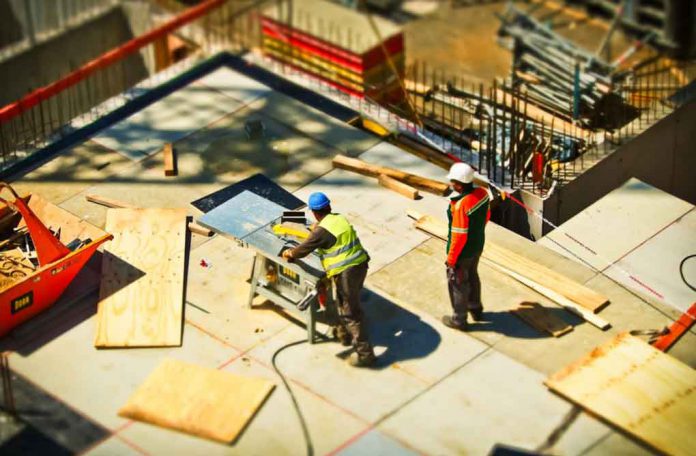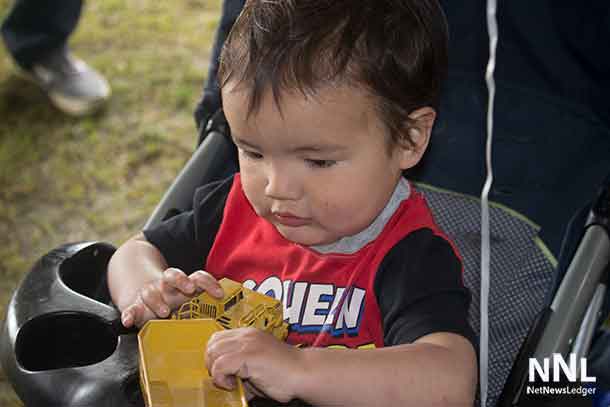The business of building things has long been a necessity for growth and expansion. It’s one of the few industries that is guaranteed to evolve, yet stand the test of time. Apart from creating new buildings and infrastructure, the construction industry has an incredible unseen impact on the world of economics.
Construction reaches into various ancillary businesses to complete projects and deliver results. Here are some of the businesses impacted by growth in the construction industry.
Mechanical Parts Manufacturing
Perhaps the most significant impact the construction industry has is related directly to the materials used for projects. The effect is multifaceted; parts are required for the project itself, as well as the machinery and tools used to get the job done.
As such, not only does construction have a significant impact on suppliers of the nails and hammers used on a job site, but also on organizations like Costex Tractor Parts, who manufacture the various components required to keep heavy machinery running smoothly.
Technology and Innovation
In this modern era, there is always someone working to improve upon current practices to build a better tomorrow. Construction is the epicentre of innovation. As computers become smarter and technological experts find better ways to incorporate machine learning into manufacturing processes, the world around us will continue to change at an unprecedented rate.
Construction is a proverbial testing ground for the technology and innovation sector. Buildings are being designed to optimize efficiency in heating and energy consumption. Job sites are becoming more connected, streamlining the supply chain. There is even work being done to create self-repairing concrete and transparent aluminum.
These tests were completed within the construction industry will someday become the industry norm and carry over into other areas, the way motion sensor lights have, leading to more learning and impacting the education sector over time.
Other Skilled Trades
Unseen growth in the construction industry has an incredible trickle-down effect in the economy, particularly surrounding job availability and growth. Not only does new construction and infrastructure renewal employ those who will be working on the job site each day, but also those who are manufacturing the supplies and maintaining the building over time.
The construction industry pulls from a diverse assortment of skilled trades professionals, from the expected carpenters, plumbers, and electricians who put a building together, to the heavy-duty mechanics and parts specialists who play a supportive role. Major construction projects employ more administrative support professionals, more accountants, more truck drivers, and so on.
The increased need for these professionals boosts secondary education requirements, as well as transportation and real estate as more professionals move into the area to meet the shortage. Thus more dollars are spent in the local economy, supporting future construction efforts.
Environmental and Safety Groups
Modern infrastructure is expected to meet strict regulations surrounding the protection of the environment. In many cases, new buildings and infrastructure replacing the old are beneficial to the environment, as outdated buildings aren’t as efficient. In addition to environmental concerns, there are health and safety standards to be met as well when putting new buildings and infrastructure in place.
For environmental and safety regulatory concerns, meetings must be held with the various groups responsible for inspecting these issues. Sustainability experts may be called in for a consult based on audits of both older and recent buildings. Environmental specialists may provide insight into the environmental impact of putting a road too close to an animal habitat or water system.
The Ripple Effect
A single project in the construction industry can employ the services of various small businesses and have a lasting impact on the economy. Even the act of workers heading to a local cafe for lunch each day creates a link between the project and another industry. Construction is perhaps one of the broadest-reaching industries due to its diverse requirements.







